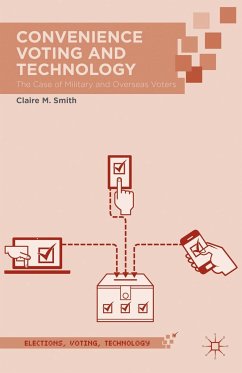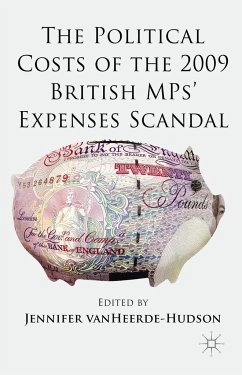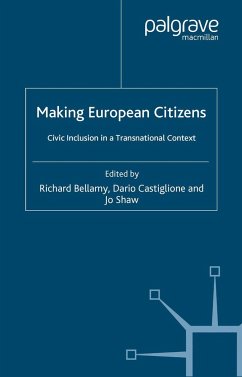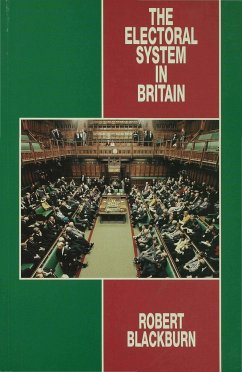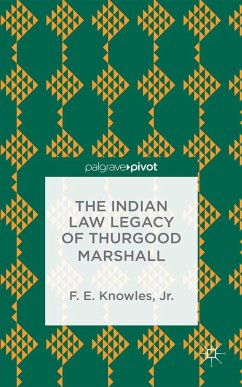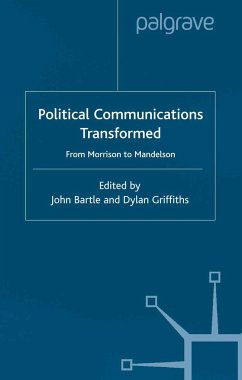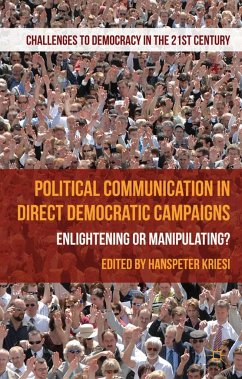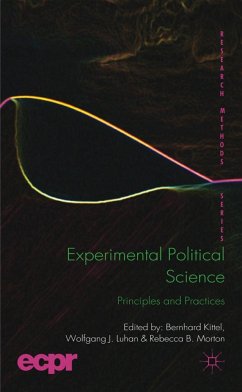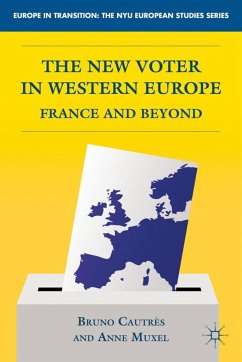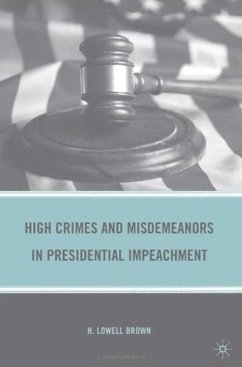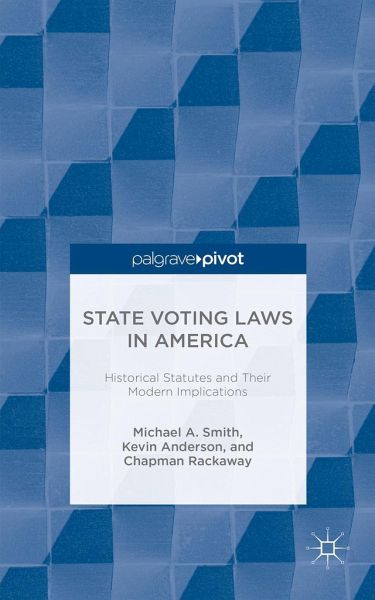
State Voting Laws in America: Historical Statutes and Their Modern Implications
Versandkostenfrei!
Versandfertig in 6-10 Tagen
Weitere Ausgaben:

PAYBACK Punkte
19 °P sammeln!





State Voting Laws in America documents changing views on voting rights, emphasizing court rulings which shaped our understanding of what constitutes a legitimate right to vote.
Michael Smith is Associate Professor of Political Science at Emporia University, USA. He also writes a monthly newspaper column that appears in the Wichita Eagle and several smaller Kansas newspapers, and he appears regularly on the television show 'This Week in Kansas,' and the author of Bringing Representation Home: State Legislators Among Their Constituencies. Kevin Anderson is the author of Agitations: Ideologies and Strategies in African-American Politics (2010). He has also co-authored a book chapter on political candidates who die during campaigns, plus numerous conference presentations. Chapman Rackaway has authored numerous textbooks, articles, and book chapters. Rackaway has published co-authored articles in PS: Political Science and Politics and Journal of Politics, in addition to the book Communicating Politics Online. Rackaway writes a monthly newspaper column for the Wichita Eagle, and appears regularly on the television show 'This Week inKansas'.
Produktdetails
- Verlag: Palgrave Macmillan US / Palgrave Pivot / Springer Palgrave Macmillan
- Artikelnr. des Verlages: 978-1-137-49265-4
- 2015 edition
- Seitenzahl: 87
- Erscheinungstermin: 12. Dezember 2014
- Englisch
- Abmessung: 216mm x 140mm x 10mm
- Gewicht: 219g
- ISBN-13: 9781137492654
- ISBN-10: 1137492651
- Artikelnr.: 42026336
Herstellerkennzeichnung
Libri GmbH
Europaallee 1
36244 Bad Hersfeld
gpsr@libri.de
"Who can vote has become one of the most contentious questions in America politics. It is surrounded by disputed causes and effects: fraud? voter suppression? racial or age discrimination? partisan gain or loss? State Voting Laws in American focuses the analytical tools of modern political science to provide or suggest answers. This compelling academic work will be a pragmatic resource for policymakers and citizens, especially those committed to a democracy of, by, and for the people." - Bob Graham, U.S. Senate, Retired
"Smith, Rackaway, and Anderson's brief volume is unique in that it offers an empirical analysis of recent election laws while embedding those findings in a deep historical discussion of the battle over election
"Smith, Rackaway, and Anderson's brief volume is unique in that it offers an empirical analysis of recent election laws while embedding those findings in a deep historical discussion of the battle over election
Mehr anzeigen
practices in the U.S. By providing the context for contemporary debates, the authors are able to draw a line between what might seem to be a musty accounts of old ideological disputes and current day partisan disputes over voter ID and early voting. Students will find the book informative and provocative." - Barry C. Burden, Professor of Political Science at the University of Wisconsin, USA and co-editor of The Measure of American Elections (2014)
"State Voting Laws sounds desert dry as a topic for political science scholarship, but that's just not true as Smith, Rackaway, and Anderson amply illustrate. With a firm grounding in political theory and the history of voting in the American states, these authors move us into the contentious world of 21st-Century attempts to restrict and expand the electorate. Although voting issues have national implications, the front lines in these battles come in the states, as our federal system allows for experimentation, partisanship, and very different views of the 'right to vote' to become part of the political debate. Students of state politics, the so-called 'simple act of voting,' and electoral politics more generally will find this book important and intriguing." - Burdett Loomis, University of Kansas, USA
"State Voting Laws sounds desert dry as a topic for political science scholarship, but that's just not true as Smith, Rackaway, and Anderson amply illustrate. With a firm grounding in political theory and the history of voting in the American states, these authors move us into the contentious world of 21st-Century attempts to restrict and expand the electorate. Although voting issues have national implications, the front lines in these battles come in the states, as our federal system allows for experimentation, partisanship, and very different views of the 'right to vote' to become part of the political debate. Students of state politics, the so-called 'simple act of voting,' and electoral politics more generally will find this book important and intriguing." - Burdett Loomis, University of Kansas, USA
Schließen
Für dieses Produkt wurde noch keine Bewertung abgegeben. Wir würden uns sehr freuen, wenn du die erste Bewertung schreibst!
Eine Bewertung schreiben
Eine Bewertung schreiben
Andere Kunden interessierten sich für




